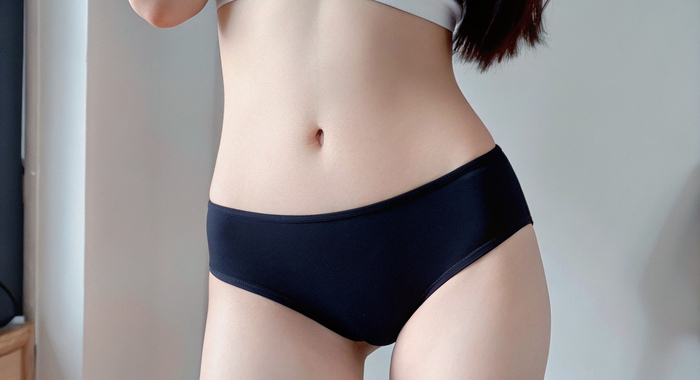
- Take our Plastic Surgery Quiz to find out if you'd be a good candidate for cosmetic surgery.
- The Labia Explained: Anatomy 101
- “Normal” Is a Spectrum - Not a Standard
- Download Miss Anca Breahna Labiaplasty Guide
- Why Perceptions of Normal Can Be Distorted
- When Labial Concerns Are More Than Aesthetic
- Deciding If Surgery Is Right for You
- What to Expect From a Consultation
- FAQs About Labial Anatomy
- Final Thoughts: Confidence Comes From Clarity
- Further Reading
It’s a deeply personal question that many women quietly wonder about: “Is my labia normal?” For a variety of reasons – including embarrassment, fear of judgement, or lack of accessible education – this topic often goes undiscussed. Yet it’s one of the most common concerns women raise during consultations in my practice.
At my private clinics in Chester, I speak with women from all walks of life – young adults, mothers, professionals, and post-menopausal women – who are uncertain about their anatomy. As Miss Anca Breahna, Consultant Plastic, Reconstructive and Aesthetic Surgeon, I see it as my responsibility to provide honest, informed, and compassionate guidance. Understanding the incredible diversity of female anatomy is the first step towards body confidence and comfort.
Take our Plastic Surgery Quiz to find out if you’d be a good candidate for cosmetic surgery.
The Labia Explained: Anatomy 101
The vulva, often mistakenly referred to as the vagina, comprises various anatomical parts, each with its own role in protection, sensation, and intimacy. The labia are an essential part of this anatomy, and understanding them can help demystify common concerns.
- Labia Majora: These are the larger, outer folds of skin that enclose and protect the softer inner structures of the vulva. Typically, they are fleshier, contain fatty tissue, and may have hair follicles. They often darken with puberty and hormonal changes and can change shape with age or after childbirth.
- Labia Minora: These are the inner lips of the vulva, smaller and more delicate than the majora. They may be smooth or slightly ruffled, tucked within the labia majora or extending visibly beyond them. Their appearance varies significantly from woman to woman – some are symmetrical, while others are noticeably different in shape or size on each side.
Both pairs of labia are entirely normal and functional in their many forms. Their appearance may evolve with age, sexual activity, hormonal shifts, and childbirth – but this evolution is natural and not a sign of abnormality.
“Normal” Is a Spectrum – Not a Standard
One of the most liberating truths about the human body is that there is no universal template for normal. This is especially true when it comes to the labia.
- Length and size can vary significantly: Some women have labia minora that measure just a few millimetres in length, while others may have inner lips that extend several centimetres beyond the labia majora. This is not an abnormality – it is simply anatomical variation.
- Asymmetry is entirely typical: In fact, it is more common for the labia to be slightly different on each side than perfectly identical. One side may be longer, thicker, darker, or more textured than the other. This asymmetry is not a defect but part of the body’s natural design.
- Pigmentation differs widely: Labial colour can range from pale pink to deep brown or purple hues, depending on genetics, hormone levels, and ethnicity. It is perfectly normal for pigmentation to change during puberty, pregnancy, or menopause.
At my clinic in Chester, I routinely explain that the term “normal labia” encompasses a broad and beautiful spectrum. As a Consultant Plastic, Reconstructive and Aesthetic Surgeon, I aim to help women appreciate the natural uniqueness of their bodies – free from judgement or comparison.
Download Miss Anca Breahna Labiaplasty Guide
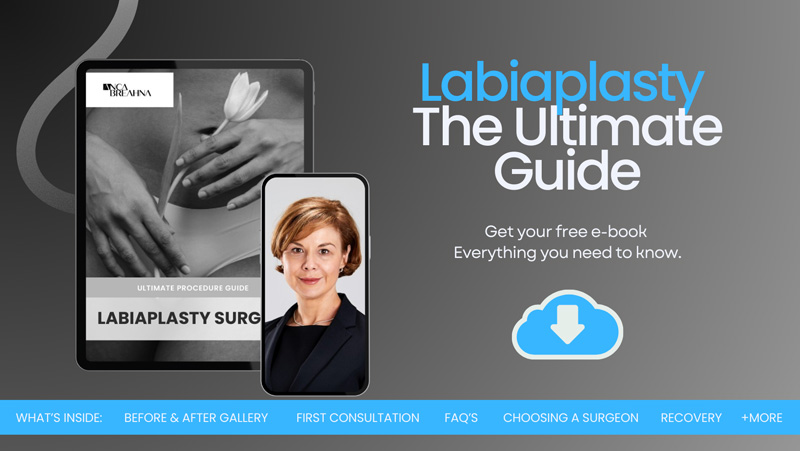
Why Perceptions of Normal Can Be Distorted
Cultural messages and media portrayals have contributed to a narrow and often misleading standard of what female genitalia should look like. This distortion affects not just how women view themselves but also how they feel in intimate settings.
- Curated and airbrushed imagery: Many images seen online – especially in adult content – have been digitally altered. These depictions often remove natural texture, asymmetry, and colour differences to present an unrealistic aesthetic.
- Lack of diverse representation: Mainstream media rarely showcases the wide range of anatomical variation. This absence leads many women to assume that their own natural features are somehow flawed or abnormal.
- Pressure from aesthetic trends: The growing popularity of cosmetic genital surgery in magazines and on social media has led some women to view labial differences as something to be “fixed,” rather than embraced.
In my role as a Consultant Plastic, Reconstructive and Aesthetic Surgeon, I work closely with patients across Chester and the Wirral to challenge these harmful narratives and offer reassurance based on reality – not perfectionism.
When Labial Concerns Are More Than Aesthetic
While many women are simply seeking reassurance about their appearance, others experience genuine physical or emotional discomfort related to the size or shape of their labia. These concerns are valid and deserve sensitive, informed attention.
Physical symptoms may include:
- Chafing or friction: Excess labial tissue may become irritated during activities such as walking, jogging, cycling, or horse riding. This can lead to soreness, redness, or even small tears in the skin.
- Pain or discomfort during intercourse: Elongated labia can be pulled or pinched during sex, causing anxiety or avoidance of intimacy.
- Visibility through clothing: Some women feel self-conscious wearing tight gym leggings, swimwear, or underwear if their labia protrude or cause a noticeable outline.
- Hygiene and infections: Deep labial folds can sometimes trap moisture, sweat, or discharge, leading to irritation, rashes, or recurrent infections.
Emotional concerns may include:
- A feeling of being “abnormal” or unattractive
- Avoidance of relationships or intimacy
- Anxiety when attending smear tests or medical exams
At my practice in Chester, I see how both physical and emotional discomfort can affect a woman’s quality of life. In many cases, labiaplasty offers not only a cosmetic improvement but genuine relief and improved self-esteem.
Deciding If Surgery Is Right for You
Labiaplasty is a personal decision – not one that should be made lightly or to meet someone else’s expectations. It’s a procedure that can bring great relief and confidence, but only when performed for the right reasons, and after a thoughtful consultation.
As Miss Anca Breahna, I offer a calm, ethical, and informed space for women in Chester to explore whether this option is right for them.
When deciding, we discuss:
- Your primary concerns: Are they mostly functional (discomfort, hygiene), emotional (confidence), or aesthetic?
- Expected results and limitations: What will the outcome realistically achieve? What will remain unchanged?
- Recovery and aftercare: What does healing involve? How soon can you return to work, exercise, or intimacy?
- Risks and side effects: As with any surgery, labiaplasty carries risks such as infection, scarring, or changes in sensitivity – which must be fully understood.
Only when you are confident, informed, and supported, can the decision to undergo surgery be made responsibly.
What to Expect From a Consultation
Booking a consultation for something as intimate as labial appearance can feel intimidating. That’s why my approach is always discreet, respectful, and led by you.
During your one-to-one appointment at my Chester clinic, you can expect:
- A safe, non-judgemental conversation: You’ll have the chance to talk freely about your concerns, history, and goals.
- Anatomical education: I’ll provide an honest explanation of labial variation and help you understand where your anatomy sits within the spectrum of normal.
- A clinical assessment (only with your consent): If you’re comfortable, we may perform a physical exam to determine whether surgery would be beneficial.
- Tailored treatment options: Whether surgical or not, your plan will reflect your specific concerns and desires – not a one-size-fits-all approach.
As a Consultant Plastic, Reconstructive and Aesthetic Surgeon, I believe that consultations should be informative, empowering, and free from pressure.
FAQs About Labial Anatomy
Is it possible that my labia are completely normal – but I’ve just never seen real examples to compare with?
Yes – very possible. Most women have never seen a broad spectrum of real, unaltered vulval anatomy. Without relatable comparisons, it’s common to assume your appearance is unusual. In truth, clinical professionals see a vast range of normal labia every day. Misconceptions often stem from exposure to idealised or filtered imagery, not from medical fact.
I only started worrying about my labia after hearing someone else talk about theirs. Is it common to develop concerns through comparison?
It is. Many women report that their concerns about appearance began after a friend, partner, or media reference brought it to their attention. This kind of comparative anxiety can be powerful, even if the anatomy in question is entirely normal. Understanding your body on your own terms – without external pressure – is key to informed, healthy self-image.
My labia don’t bother me physically, but I find myself checking them often. Could that be a sign of deeper anxiety?
Yes, repeated self-checking or fixation may indicate a form of body image concern, even if there’s no physical discomfort. This doesn’t mean there’s something wrong with you – it means your perception may be shaped by worry, not anatomy. A consultation can help clarify whether reassurance, counselling, or a clinical discussion is most appropriate.
I’ve had labial changes since menopause – am I imagining things, or can hormones really affect this area?
You’re not imagining it at all. Hormonal shifts during menopause can cause the labial tissue to become thinner, less elastic, or slightly different in shape. These changes are part of the natural ageing process, but if they lead to discomfort or affect confidence, they’re entirely valid reasons to seek professional support.
Why does one side of my labia look fuller or thicker than the other – is this common, or should I be worried?
This is entirely common. Many women have one labial side that appears slightly more prominent, either in length, thickness, or volume. The body rarely develops in perfect symmetry. Unless accompanied by sudden swelling, pain, or a visible lesion, this difference is not typically a cause for concern.
I feel like I’m too old to be asking questions about my labia – should I have brought this up earlier in life?
It is never too late to ask questions about your body. Women in their 40s, 50s, and beyond often come forward for the first time with questions they’ve held for decades. Whether it’s for comfort, confidence, or simply curiosity, asking now is just as valid as asking at 21. What matters is that your concern is heard with respect.
Can understanding my anatomy help me feel more confident, even if I never pursue surgery?
Absolutely. Many women leave a consultation not because they chose surgery, but because they finally received clinical reassurance that their body is healthy and normal. Education, context, and understanding can be incredibly empowering. Knowing what’s medically typical – rather than culturally expected – can restore confidence without ever changing a thing.
Medical References
- The Size of Labia Minora and Perception of Genital Appearance – International Journal of Gynecology & Obstetrics – https://pubmed.ncbi.nlm.nih.gov/28369012/
- Normal vulva based on the first national Labiagram design in adult women – International Journal of Women’s Dermatology (NIH/PMC) – https://pmc.ncbi.nlm.nih.gov/articles/PMC10799718/
- Normal Vulvovaginal, Perineal, and Pelvic Anatomy with Emphasis on MRI – Journal of Clinical Imaging Science (NIH/PMC) – https://pmc.ncbi.nlm.nih.gov/articles/PMC3312145/
- Labiaplasty, vaginoplasty and hymenorrhaphy – Cheshire and Merseyside NHS Integrated Care Board (NHS) – https://www.cheshireandmerseyside.nhs.uk/media/my1law5x/pol-clin077-labiavaghymen-v1-final.pdf
- Labia – Center for Young Women’s Health, Boston Children’s Hospital – https://youngwomenshealth.org/guides/labia/
- A Feminist Analysis of Female Genital Cosmetic Surgery – University of California, Irvine (Academic PDF) – https://www.anthropology.uci.edu/files/docs/2010_benedict_keil.pdf
- What is normal? Labia minora morphology and measurements in 50 premenopausal women – British Journal of Obstetrics and Gynaecology – https://obgyn.onlinelibrary.wiley.com/doi/abs/10.1111/j.1471-0528.2005.00643.x
Final Thoughts: Confidence Comes From Clarity
The more women understand about their bodies, the more confident and empowered they feel. The truth is, “normal” labia come in many shapes, sizes, and colours. It is this diversity – not uniformity – that defines human anatomy.
If your concerns are affecting your comfort, your confidence, or your ability to fully enjoy life, I want you to know there is support available.
In my Chester practice, I provide trusted, ethical, and expert care for women seeking clarity or considering labiaplasty. Whether you choose reassurance, education, or a surgical solution, my priority is always your wellbeing, safety, and autonomy.
For confidential consultations and expert care, Miss Anca Breahna welcomes patients in Chester, UK. To book an appointment or enquire further, you can call 07538 012918, email contact@ancabreahna.com, or visit the official website.
Further Reading
- Read more about Labial Hypertrophy – Enlarged Labia
- Read more about How to Get Rid of Large Labia – Treatment Options
- Read more about Recovery after Labiaplasty
- Read more about Labiaplasty Surgery FAQs
- Read more about Can My Labia Be Reduced? – About Labia Reduction Surgery
- Read more about Is Your Labia Causing You Discomfort?
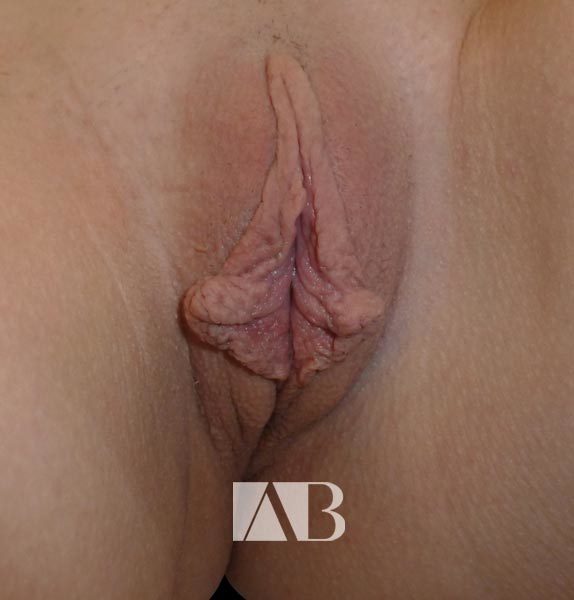
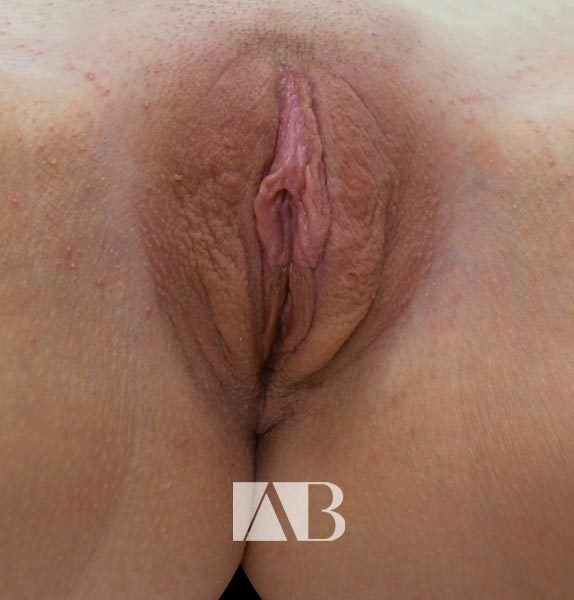
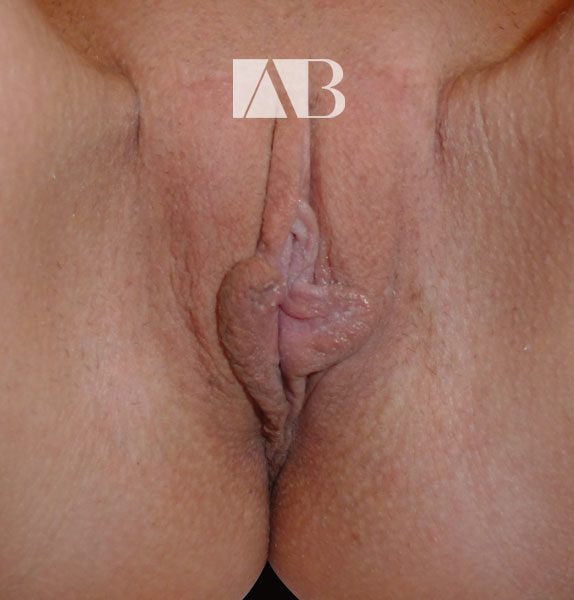
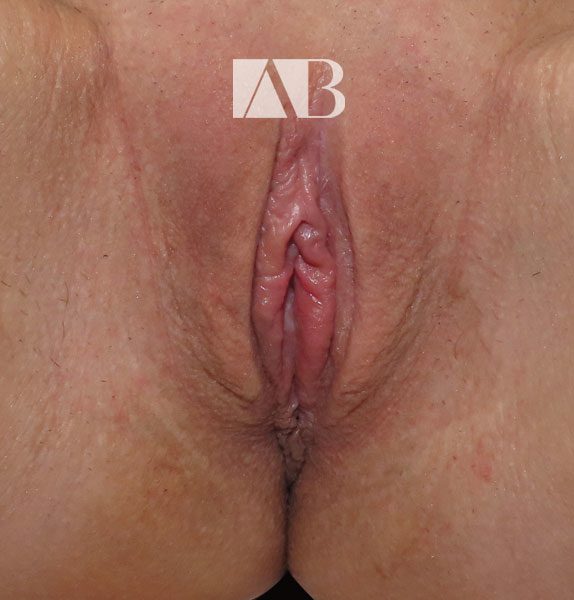
 Ms Anca Breahna, PhD, MSc, FEBOPRAS, FRCS (Plast) is a highly regarded Consultant Plastic Surgeon specialising in the field of Aesthetic and Reconstructive Plastic Surgery. Anca performs a range of
Ms Anca Breahna, PhD, MSc, FEBOPRAS, FRCS (Plast) is a highly regarded Consultant Plastic Surgeon specialising in the field of Aesthetic and Reconstructive Plastic Surgery. Anca performs a range of 